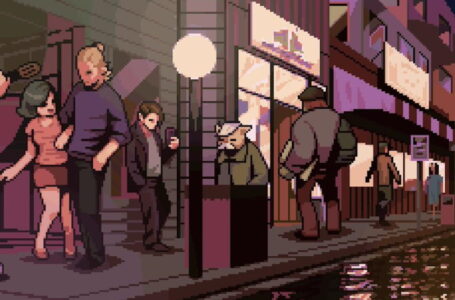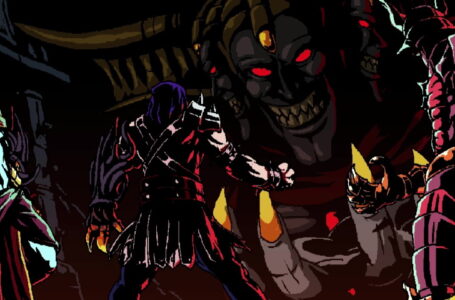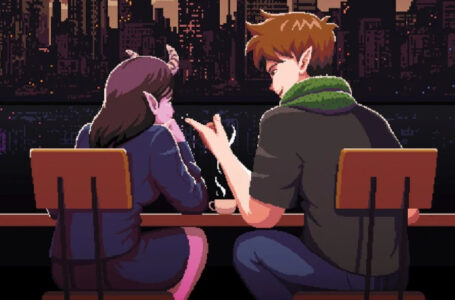A cosy trip back to fantasy Seattle in Coffee Talk Episode 2
Coffee Talk from Toge Productions — on sale at the time of writing for a very generous 40% off on PC — is an excellent visual novel, combining an imaginative setting with simple but engaging mechanics, beautiful pixel art and a soundtrack that is just as good an accompaniment to chilling out in the dark as it is to the gameplay. So naturally, the prospect of a sequel is an enormously exciting one.
Well, we’ve known for a while that one is on the way — but for a short time only, you have the opportunity to actually play the opening scenes of the upcoming new game, set to release later in 2022. The demo is only available during the Toge Productions sale on Steam — which runs until January 19, 2022, so hurry up and nab it if you’re reading this in time! — and covers a decent amount of gameplay, introducing two new characters and one recurring friend from the original.
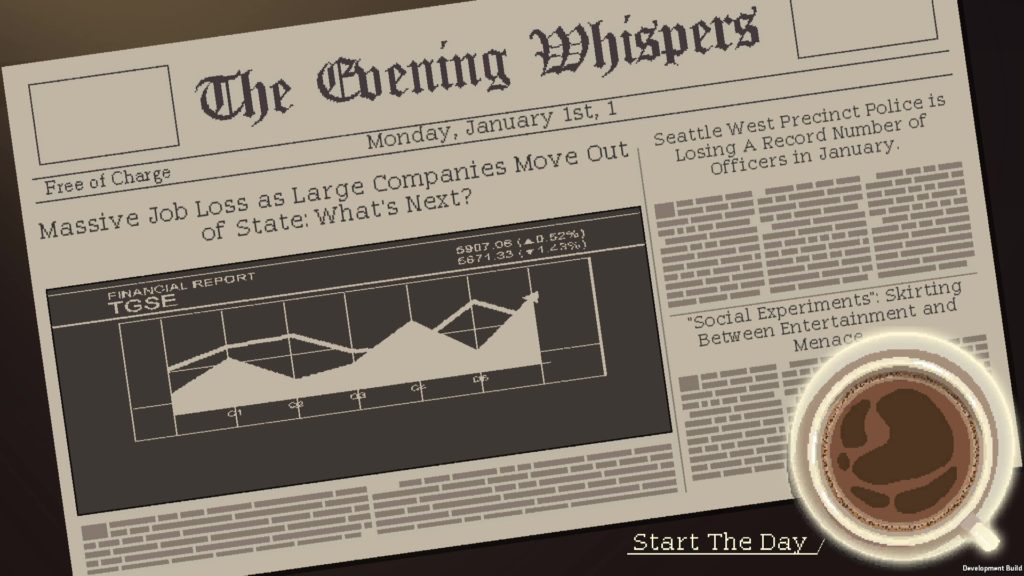
For the unfamiliar, Coffee Talk is a game in which you play the role of a barista in a late-night coffee shop in roughly present-day Seattle. Your job is to chat with your customers, occasionally serve them hot drinks — sometimes by working from a recipe, at other times by figuring out what they want from vague descriptions — and simply be a comforting, stable presence in their lives. You are not the main character; rather, you effectively take on the role of a story facilitator, prompting the various visitors to share their experiences and explain what they’ve been up to.
Your shop — the titular Coffee Talk — takes pride in being open from early evening until morning rather than being a daytime sort of establishment, and as such it tends to attract a variety of interesting visitors. And I mean interesting; Coffee Talk’s vision of Seattle is one inspired somewhat by the popular Shadowrun role-playing game setting, in which fantasy species live in a modern-day world alongside humans.
I hesitate to say “in harmony with humans”, mind, since a key part of Coffee Talk Episode 2’s narrative in particular concerns the intolerance people sometimes show when confronted with something they don’t understand, are unfamiliar with or are afraid of.
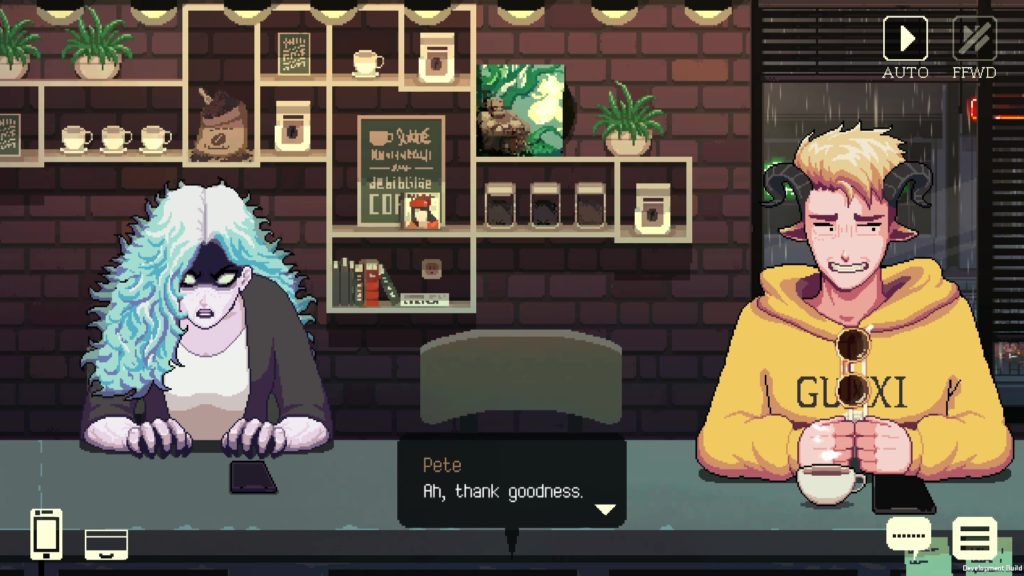
This subject was explored to a certain degree in the original Coffee Talk with a narrative that explored a supposedly “taboo” relationship between an elf and a succubus, but Coffee Talk Episode 2 specifically confronts humanity’s tendency towards prejudice more directly. Interestingly, the game sort of implies that if humans were sharing a world with other bipedal humanoids such as orcs, elves and dwarves, they would be much less inclined to hate on each other for things like skin colour — because those other species carry more radically different traits (and, in many respects, cultural norms) and thus end up the targets of the intolerant’s ire.
I say this specifically because both Coffee Talk and its follow-up Episode 2 feature characters from non-white backgrounds — including both major character Jorji and the player-protagonist, whom we can assume to be dark-skinned from what little we actually see of them — who do not give any sort of indication that they have suffered from racial prejudice. That said, it does remain to be seen if the vandalism Jorji’s car has suffered in the Coffee Talk 2 demo is just random happenstance — as he seems to think it is — or the result of something more sinister.
By contrast, however, a major part of Coffee Talk Episode 2’s demo version concerns the mistaken assumptions and prejudices people harbour towards the rarely seen banshee species — and the frustration and anger one particular banshee feels towards the way she is treated, particularly on the Internet. In exploring this subject matter, the game also takes in modern attitudes towards online etiquette and social media culture, questioning whether the increased ability to “socialise” is actually bringing us closer together as it’s suggested it “should”, or if it’s actually driving thicker wedges between groups than ever before.
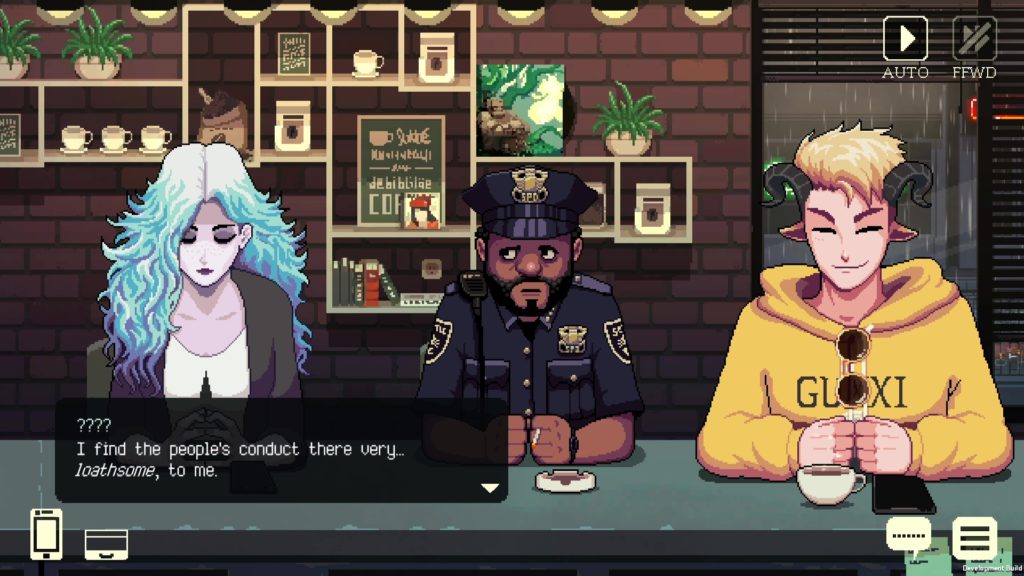
Riona, the banshee in question, believes the latter; she loathes how the anonymity of the Internet empowers the prejudiced to say things that they would never dare to speak up about in person if a punch to the face was a possible consequence. She detests how people feel like they have the right to say hateful things about others simply because they are different — or because of commonly held assumptions. And she is furious that no-one seems willing to try and do anything about this breakdown in basic decency — even though she likely knows at heart that it’s something which is impossible to truly police.
And she’s right. It’s a good point that is well worth exploring — and the way Coffee Talk handles it through its fantasy species helps make it easier to process. As a society, we do of course need to confront real-world prejudices and stamp them out — but it can often be uncomfortably raw to see this subject matter tackled directly in our fiction.
And while most decent people are more than happy to see these themes confronted in narratives — both interactive and otherwise — some authors find it difficult to strike a balance between saying something meaningful and important and simply descending into ranting preachiness. As important as the subject is, going ham on it when people aren’t necessarily expecting it often causes people to end up resisting the core message, even unconsciously. No-one likes to be yelled at while they’re trying to enjoy themselves.
Which is why Coffee Talk handles it so elegantly. The intention behind the situations depicted in the narrative is very clear, but there’s just enough “distance” between the real world and the fantasy world we’re observing on the screen to allow us a certain amount of detached reflection on what is happening. It doesn’t take a deep reading or a chin-strokey interpretation to understand what the game is saying — but at the same time it never feels like the game is beating the player around the head with that all-important core message.
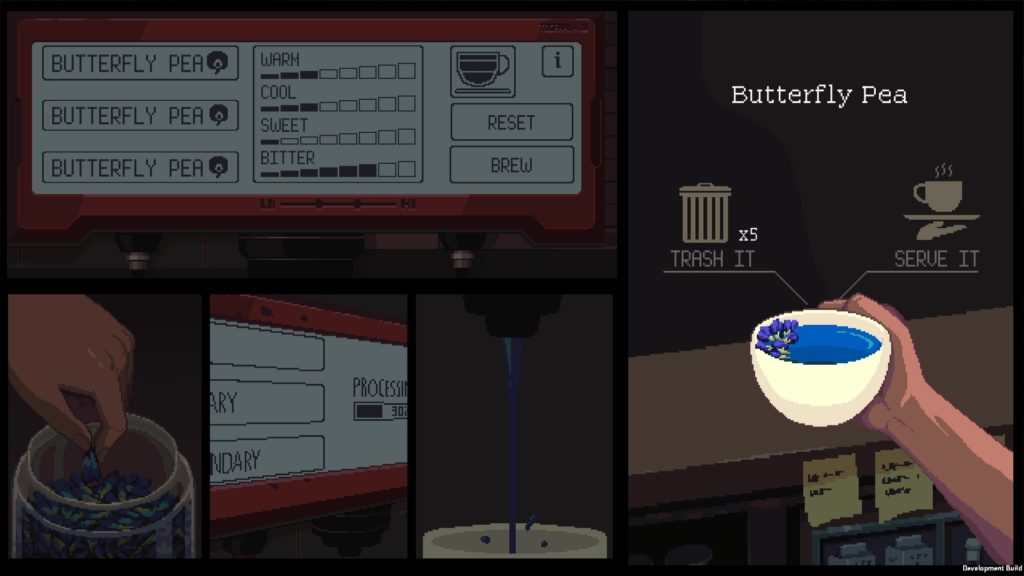
All this bodes well for Coffee Talk Episode 2’s release later in the year. If the first game is anything to go by, we can look forward to an enjoyably chilled-out experience that nonetheless has plenty of worthwhile things to say — featuring a cast of wonderfully memorable characters, all of whom are going through some very interesting times in their lives.
It’ll be an especially timely sort of interactive experience, too, since the ongoing COVID-19 pandemic has meant that establishments such as Coffee Talk are not quite what they used to be in the “real world” — among many other things, it’ll be a nice reminder of a time when things were a bit more “normal”. If “normal” is a thing that even exists any more.
Coffee Talk Episode 2’s demo is available on Steam until January 19, 2022.
Join The Discussion
Rice Digital Discord
Rice Digital Twitter
Rice Digital Facebook
Or write us a letter for the Rice Digital Friday Letters Page by clicking here!
Disclosure: Some links in this article may be affiliate links, which means we may earn a small commission if you make a purchase after clicking on them. This is at no additional cost to you and helps support Rice Digital!
- Letter from the Editor: passing the torch - June 30, 2023
- Super Woden GP 2 is looking promising - June 30, 2023
- Inti Creates is making a 32 bit-style Love Live action platformer - June 26, 2023




